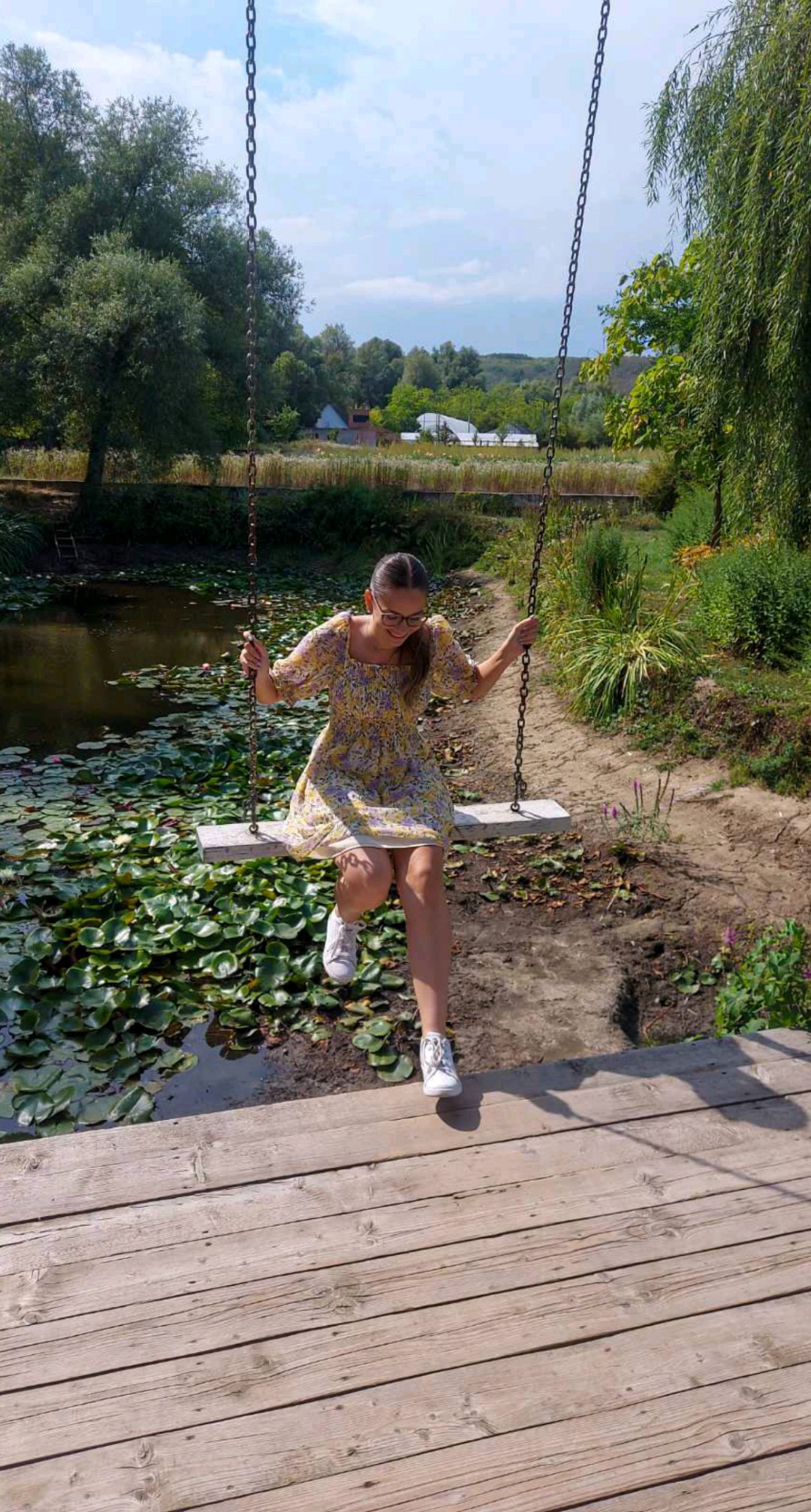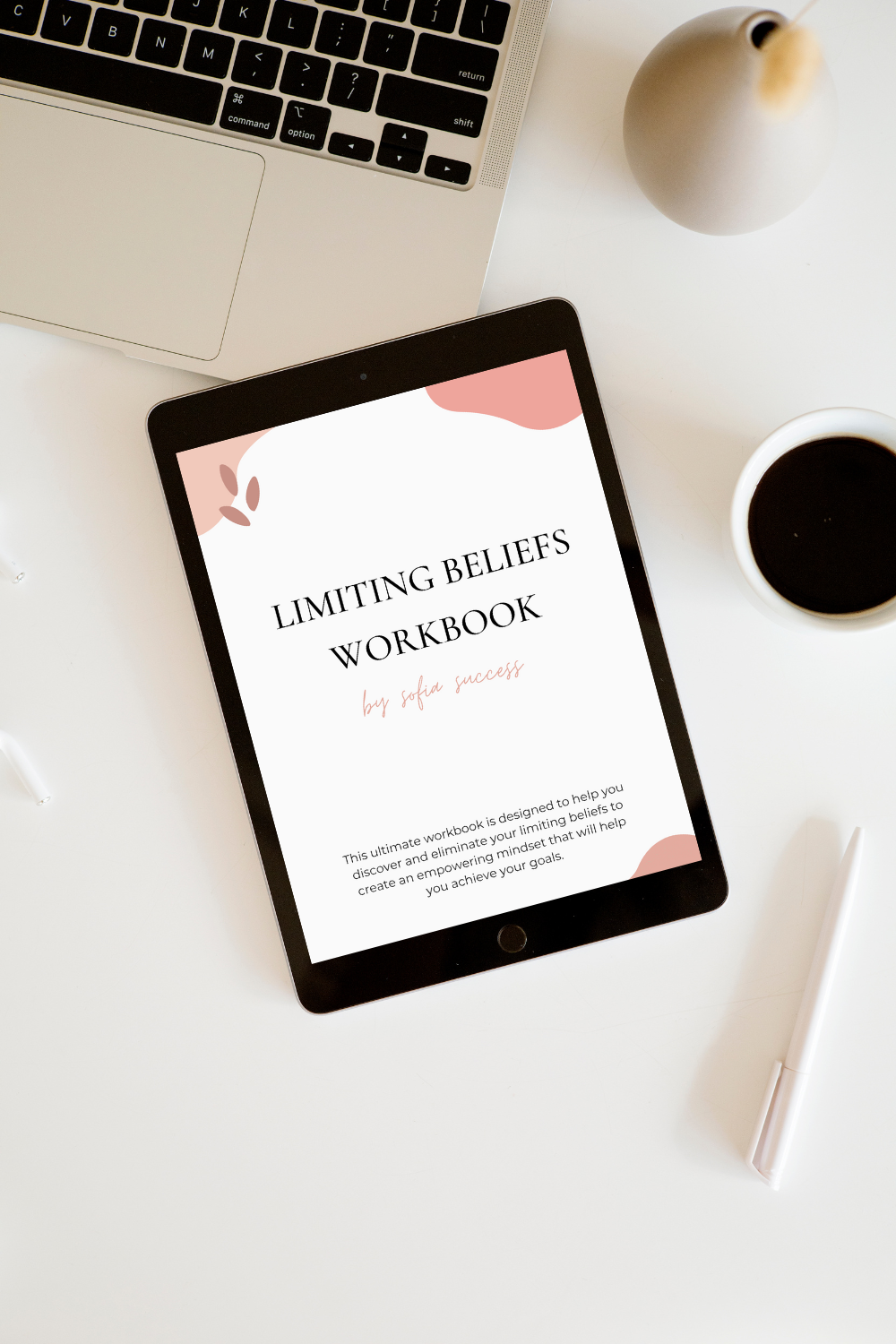This post is all about setting healthy boundaries.
The word “boundaries” may sound strict, rigid, and limiting, and in fact, most people will think of these words when thinking of boundaries.
But what most people don´t realize is that boundaries are an incredibly helpful and powerful tool that can enhance our lives and our relationships with others in incredible ways.
So what is the true meaning of boundaries, how can I set them, what are the different types, what defines healthy boundaries, and how do I know when to set them? Well, today you are going to learn all of this and more in this ultimate guide to setting healthy boundaries in your life!
What are boundaries?
Setting boundaries is not just about establishing them. It´s also about respecting them, learning even when to set boundaries or what to do when people don´t respect them.
And the first step to setting boundaries is to actually know and understand what boundaries mean.
Boundaries are personal guidelines. They are the “limits” you set for yourself and others to express your limitations and needs.
The ultimate purpose of boundaries is to prioritize your emotional, spiritual, mental, and physical wellness, as well as acknowledge your values, principles, and needs.
When setting healthy boundaries, you have to rely on your own internal alert systems to determine when your emotional and psychological boundaries are being ignored or surpassed.
A great example of unrespected boundaries is when for example you come away from a meeting or telephone conversation with friends, family, or anyone, feeling depleted, anxious, stressed, or mentally drained. If you are feeling this way it´s probably because some of your boundaries are being breached.
These kinds of situations are an excellent example of how important it is to listen to our body and mind and how these perfectly hint at situations or relationships where our boundaries are not being taken into account.
Now as with everything in life there is a healthy balance when establishing your boundaries and an unhealthy extreme. The difference between these two is that healthy boundaries allow for open communication and the guidelines are neither too loose nor too rigid.
How do I know if my boundaries are too rigid or too loose?
Normally when your boundaries are too loose you might experience difficulty when saying no to other people’s requests, getting involved with other people’s problems, oversharing personal information, emotional and physical fatigue,” especially if you have to deal with the exhausting behaviors of others and you might even be a people pleaser because of fear of rejection.
On the other hand, if your boundaries are too rigid and reach an unhealthy extreme, you might experience detachment in your relationships, even with the most intimate ones, you might have few close and deep connections with others or even avoid forming relationships altogether by keeping others at distance.
Why should you establish boundaries in your life?
Setting boundaries is an incredibly powerful tool that has numerous benefits in our life.
The first one is that setting healthy boundaries is an essential step in your self-love journey because it both teaches yourself and others around you how you want and deserve to be treated.
But only that, because as we saw with the definition of boundaries, establishing and building them will help you protect your energy as well as help you establish what behavior you will accept from other people and what behaviors other people can expect from you.
Aside from this, setting healthy boundaries will help you understand your personal needs and how to communicate them, understand and accept when others tell you “no”, and value your voice and opinions.
But the advantages don´t stop there, because setting boundaries is beneficial for far more than just establishing our limits and expressing how we want to be treated. Having them in place actually helps you limit your exposure to stressful situations and therefore lower the body’s production of adrenaline and cortisol which are the stress hormone.
Types of boundaries
According to therapists and psychologists, there are 5 types of boundaries, each corresponding with one of the 5 principal areas of our life, and these types are:
- Relationship Boundaries: the boundaries you set with your close friends, partners, and family.
- Physical Boundaries: boundaries that establish physical proximity, space, sexual limits, boundaries referring to your body, etc.
- Personal Boundaries: personal limits you’ve set with yourself based on your needs, beliefs, and emotions. These boundaries are not respected when someone dismisses your ideas and opinions.
- Social Boundaries: are the ones that outline how you will interact with others and what are your limitations in those interactions including what activities and topics you are open to discussing and participating in.
- Time Boundaries: the limits that describe how much time you will dedicate to yourself, other people, your passions, your dreams, your job, your consumption of social media…
Make sure to take into account all of these areas when establishing boundaries!
How do you set healthy boundaries?
We know now what are boundaries and what characterizes healthy boundaries, as well as the different types but how can you actually set boundaries? And in which context should you set them?
Identify your needs
The first step to setting boundaries is to identify your needs and limits. Here are a couple of questions to help you do this:
- How and when do I feel respected?
- Do I feel respected in my life at the moment?
- Think of a situation where you felt like your limitations and needs were ignored or disrespected. What made you feel that way?
- Think of your needs in all areas of your life: work, personal life, friends, family… What about your rights?
- Will this boundary protect my well-being and clearly establish my needs?
- What would happen if I didn´t respect this boundary?
- What are my core values?
Values are the things that you believe are important in the way you live your life. They are the fundamental beliefs that guide your actions and determine your priorities. Values are the terms with which you determine if your life feels full, abundant, accomplished, and happy. And inside your values, you have your core value, which are the ones that define your biggest priority in life, the ones that when you say it out loud makes you vibrate with emotion.
Here is a list of 100 values worth checking out to find out yours!
Click here to find out the 4 simple steps you need to follow to discover and establish your core values!
Communicate your boundaries clearly and effectively
It is extremely important that you state your boundaries in a clear way but without apologizing or overexplaining.
Remember: you have every right in the world to establish and respect your limitations as well as take care of your health and well-being in all areas of your life.
Be ready for a negative response
Sadly even when you clearly communicate and state your boundaries, not everyone is going to respect them, so you need to be ready for a negative response.
When presented with this situation try to explain why this guideline/ boundary is important to you. Do this by focusing on your point of view, not by blaming the other person or victimizing yourself.
As an example, let´s say that your partner takes your diary/ journal to read it, even though you clearly told him not to do this. In this case instead of saying to him “You need to stop reading my journal!”, it would be better to say “I need my personal and private space and it´s important for me to be able to trust that you will respect this”.
Common misconceptions about setting boundaries
Even though boundaries are a really powerful tool that has numerous positive benefits in our lives, it is important to see them for what they really are, that is why I am sharing with you the top 3 misconceptions about setting boundaries that you musn´t believe:
Misconception N1: You can control or change someone by setting boundaries
Many times you might set boundaries with the hope of changing someone’s behavior, but one thing you have to understand about setting boundaries is that they are created to change and enhance the dynamic of a relationship, not to change a person.
Misconception Nº2: Setting boundaries will cause tensions in my relationships.
This is a complete lie because the truth is that the main purpose of boundaries is to create better ad deeper relationships with the people around you, ones that honor your needs, your limits, and you’re well-being.
Misconception Nº3: It´s normal to feel guilty when establishing boundaries
And finally the biggest misconception of all: “it´s normal to feel guilty when establishing boundaries”.
For some people setting boundaries and respecting them comes naturally, some people don´t even have to consciously think about it to do so, and then there are people who even feel guilty when setting boundaries.
How we feel and react when protecting ourselves depends greatly on our personality and our past experiences. But one thing that you should know is that setting boundaries is actually an act of self-respect and self-love and that you should never feel guilty (or let anyone make you feel so) for prioritizing your well-being by setting boundaries.
Taking the most important and beneficial information, boundaries are something in essential in our life for various reasons, including protecting our well-being, and honoring and respecting our limitations, values, and principles.
Remember to never feel guilty for prioritizing yourself when setting boundaries, and now that it is possible to establish them without upsetting or pushing away the people that truly care about you.
Thank you so much for investing your time in this article. I hope the tools, tips, and steps here will help you set healthy boundaries that will improve your life and create better and deeper connections with yourself and others around you!!




0 Comments